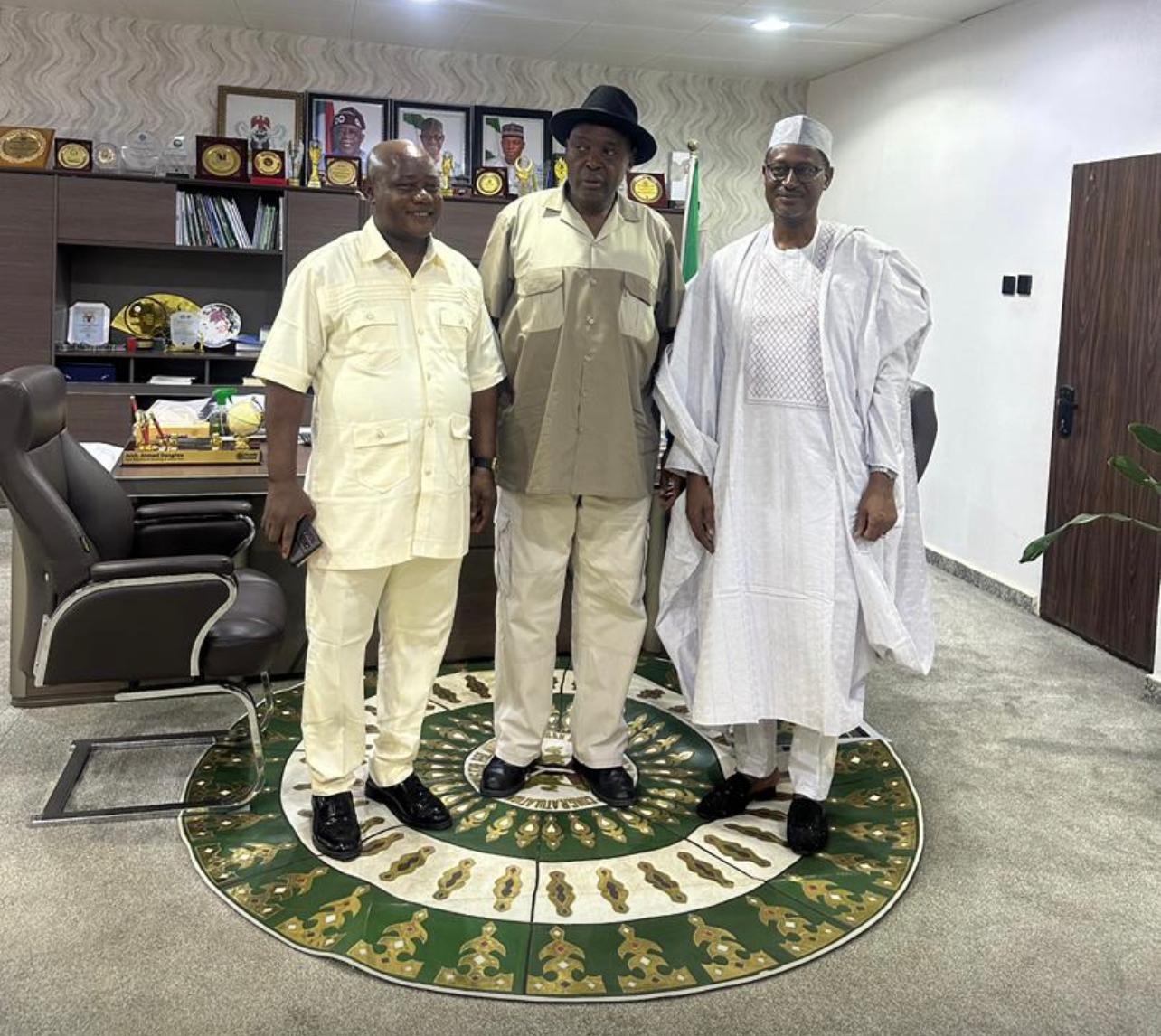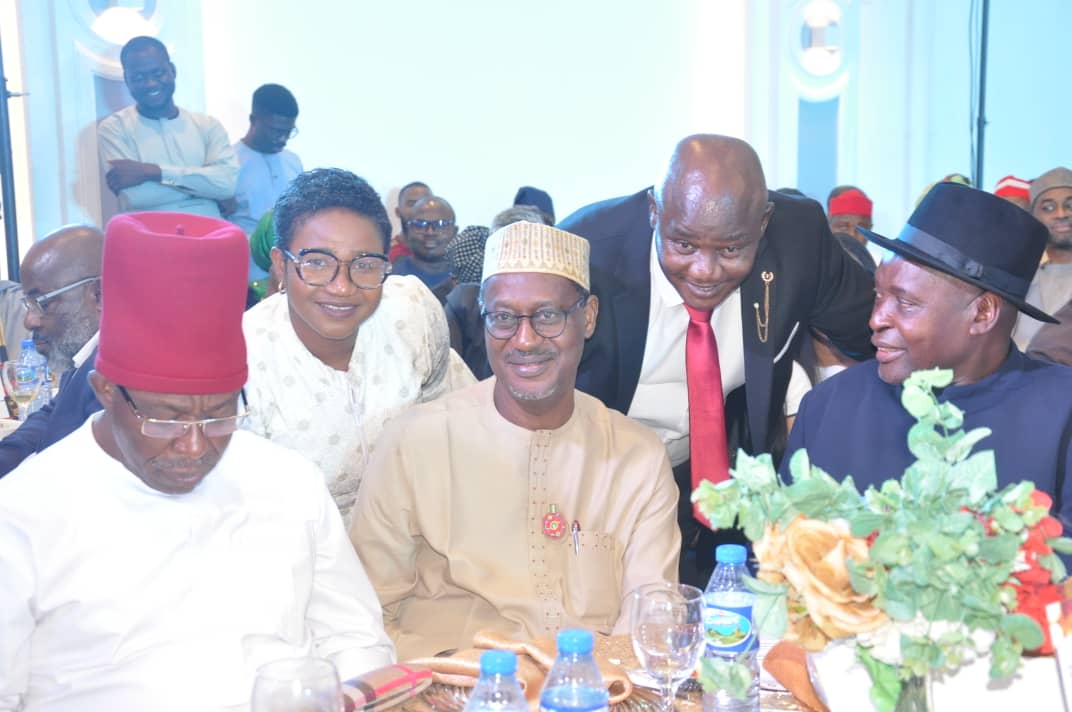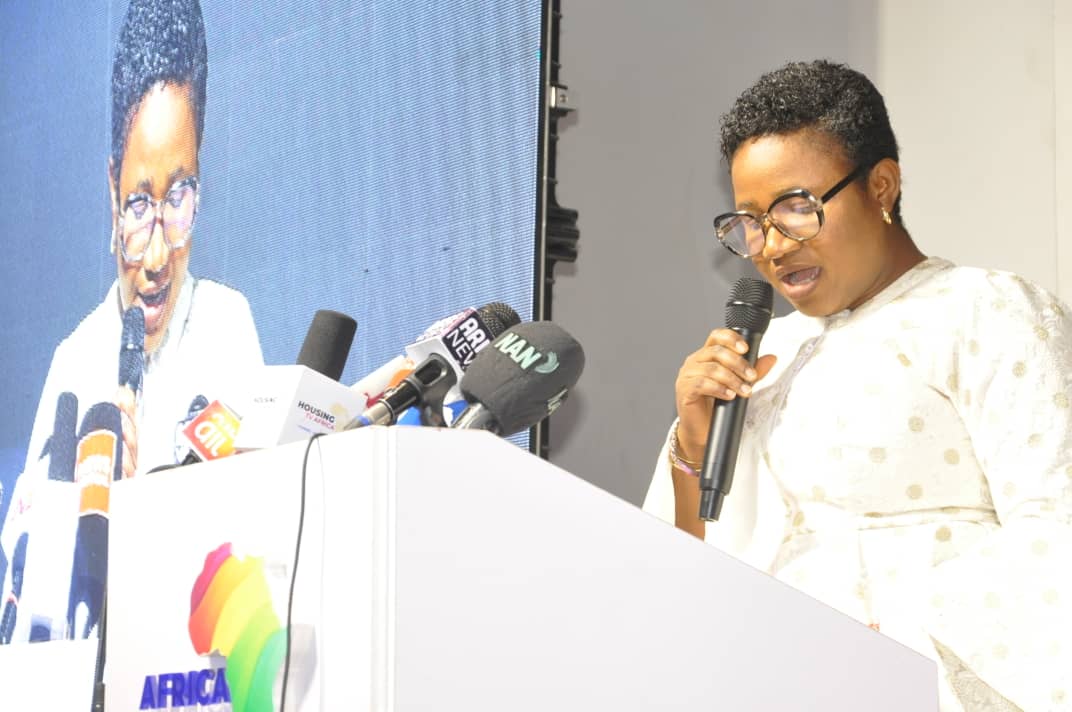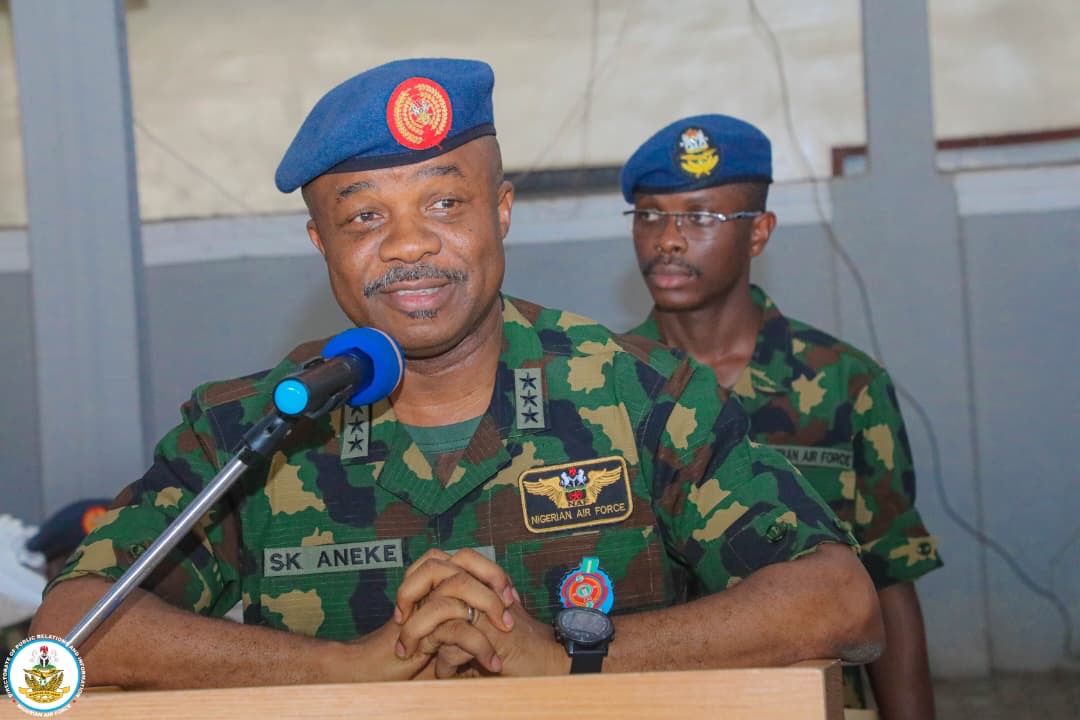National News
Tinubu declares State of Emergency in Rivers state amid political crisis
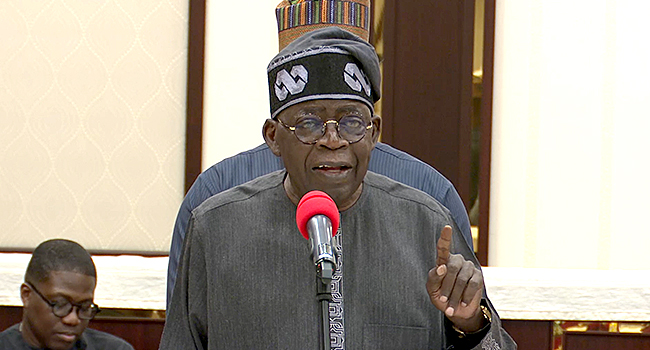
In a major development, President Bola Ahmed Tinubu has declared a state of emergency in Rivers State, citing escalating political tensions and a breakdown of constitutional order. The announcement, made on 18th March 2025, follows a prolonged power struggle between Governor Siminalayi Fubara and Minister of the Federal Capital Territory, Nyesom Wike, which has destabilised governance in the state.
What Led to the Crisis?
Rivers State has been embroiled in political turmoil for months, with tensions reaching a peak when Governor Fubara allegedly ordered the demolition of the State House of Assembly building. The move was widely seen as an attack on the legislative arm of government, further widening the rift between rival factions.
The crisis has disrupted governance, led to protests, and raised security concerns. As tensions escalated, the federal government deemed it necessary to intervene to prevent a total breakdown of law and order.
Federal Government’s Intervention
President Tinubu convened an emergency meeting with key stakeholders, including security chiefs and National Assembly leaders, to assess the situation. Following extensive deliberations, he addressed the nation, expressing grave concern over the crisis and emphasising the need for immediate action.
In his address, the President stated:
“Fellow Nigerians, I feel greatly disturbed at the turn we have come to regarding the political crisis in Rivers State. Like many of you, I have watched with concern the development with the hope that the parties involved would allow good sense to prevail at the soonest, but all that hope burned out without any solution to the crisis.
With the crisis persisting, there is no way democratic governance, which we have all fought and worked for over the years, can thrive in a way that will redound to the benefit of the good people of the state. The state has been at a standstill since the crisis started, with the good people of the state not being able to have access to the dividends of democracy.”
The President further highlighted that the Governor of Rivers State, for unjustifiable reasons, had demolished the House of Assembly as far back as December 2023 and had yet to rebuild it. He lamented that all attempts at peaceful mediation had been ignored, despite interventions from well-meaning Nigerians and leaders.
Judicial and Security Concerns
Citing the Supreme Court’s ruling on February 28, 2025, Tinubu referenced the court’s declaration that governance cannot exist without a functioning legislature. The court criticised the governor’s actions, describing them as unconstitutional and a deliberate attempt to rule without legislative oversight.
The president also expressed concern over militant threats and recent acts of vandalism targeting oil pipelines, further justifying the federal intervention. According to him, security reports indicated that militants had begun acts of sabotage, and the governor had taken no steps to curtail them.
Declaration of State of Emergency
Invoking Section 305 of the 1999 Constitution, the President officially declared a state of emergency in Rivers State. The proclamation, effective immediately, suspends Governor Fubara, his deputy Ngozi Odu, and all elected members of the State House of Assembly for an initial period of six months.
“By this declaration, the Governor of Rivers State, Mr Siminalayi Fubara, his deputy, Mrs Ngozi Odu and all elected members of the House of Assembly of Rivers State are hereby suspended for an initial period of six months.”
Appointment of an Interim Administrator
To ensure continuity of governance, President Tinubu has appointed retired Vice Admiral Ibokette Ibas as the Administrator of Rivers State. Ibas, a respected military officer, will oversee the state’s affairs and maintain stability during the emergency period. However, the judiciary will remain operational to handle legal matters and administrative functions.
Reactions from the Public and Political Circles
The declaration has sparked mixed reactions. Some believe the intervention is necessary to restore order and uphold democracy, while others argue that it undermines state autonomy and sets a dangerous precedent for federal-state relations.
Social media discussions reflect a divided populace, with heated debates on the legitimacy and implications of the state of emergency. Political analysts have warned that while the measure may offer short-term stability, addressing the root causes of the crisis is crucial for lasting peace.
What This Means for Rivers State
With the imposition of emergency rule, Rivers State is now under federal control, with the newly appointed administrator assuming executive powers. The suspension of the state’s executive and legislative arms aims to prevent further escalation and ensure that essential government functions continue smoothly.
As the situation unfolds, Nigerians are closely watching how the federal government manages the crisis. The future of governance in Rivers State depends on effective conflict resolution, dialogue among stakeholders, and a commitment to democratic principles.
For continuous updates on this developing story, stay tuned to reliable news sources, visit us on Twitter: https://x.com/fct_nuj
nujfctwebsite
-

 Security2 days ago
Security2 days agoAir Chief orders higher vigilance, commits to modernised air power strategy
-

 NUJ FCT14 hours ago
NUJ FCT14 hours agoNUJ FCT 2025 carol hails Journalists for truth, peace, development
-
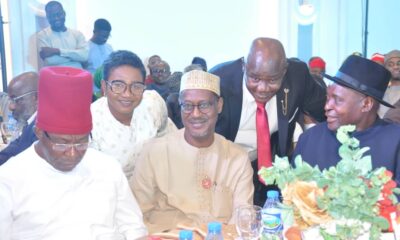
 News13 hours ago
News13 hours agoAfrica faces 130m housing deficit by 2030, $1.4trn in finance gap, minister warns
-

 News13 hours ago
News13 hours agoHousing sector: HDAN vows Zero Tolerance for Scammers, pledges vigilant oversight for professional excellence
-
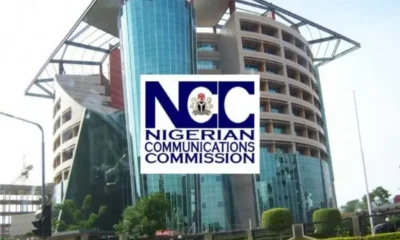
 News1 day ago
News1 day agoDiesel shortage disrupts telecom services in parts of Abuja — NCC
-

 News1 day ago
News1 day agoGrace Ike makes strong case for journalists’ housing at Africa Housing Awards 2025
-
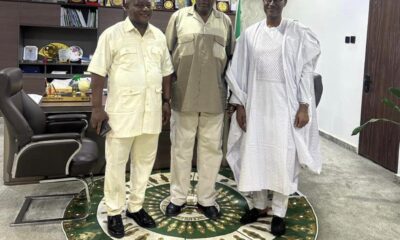
 World News10 hours ago
World News10 hours agoNamibia to tackle 88% urban informal settlements — Sankwasa
-

 News6 hours ago
News6 hours agoMOFI CEO Takang wins Housing Finance Personality of the Year 2025



